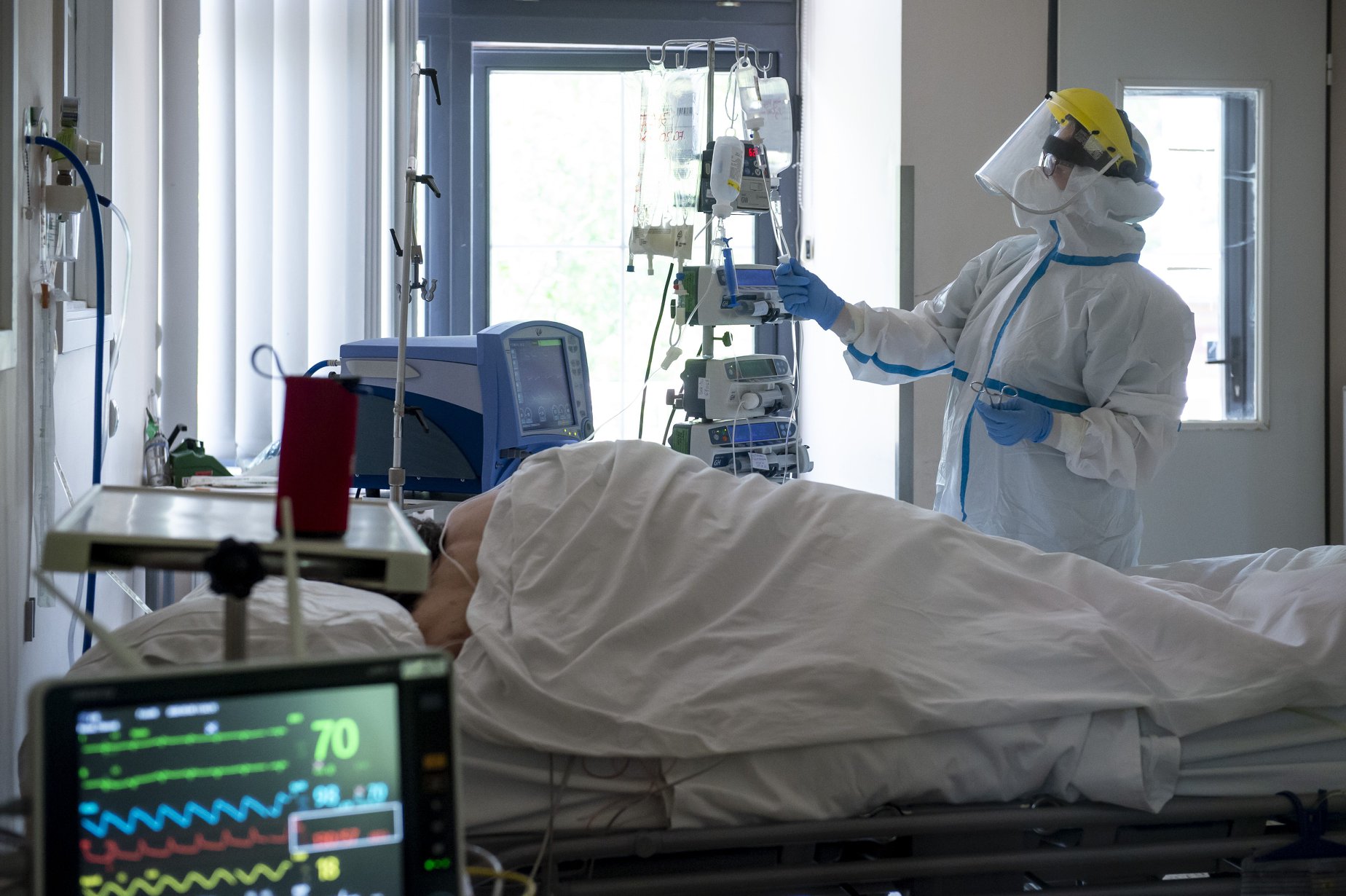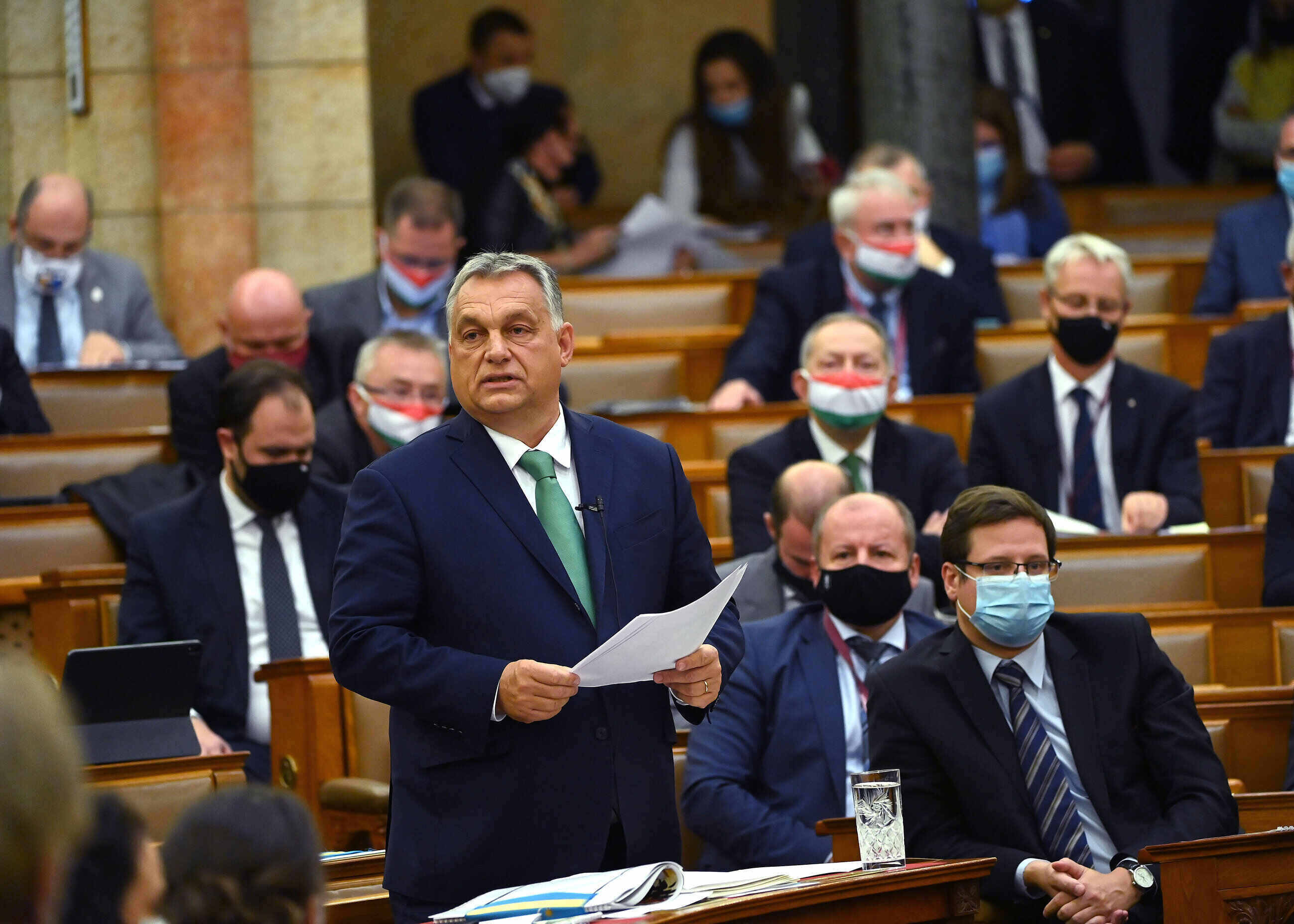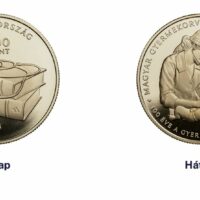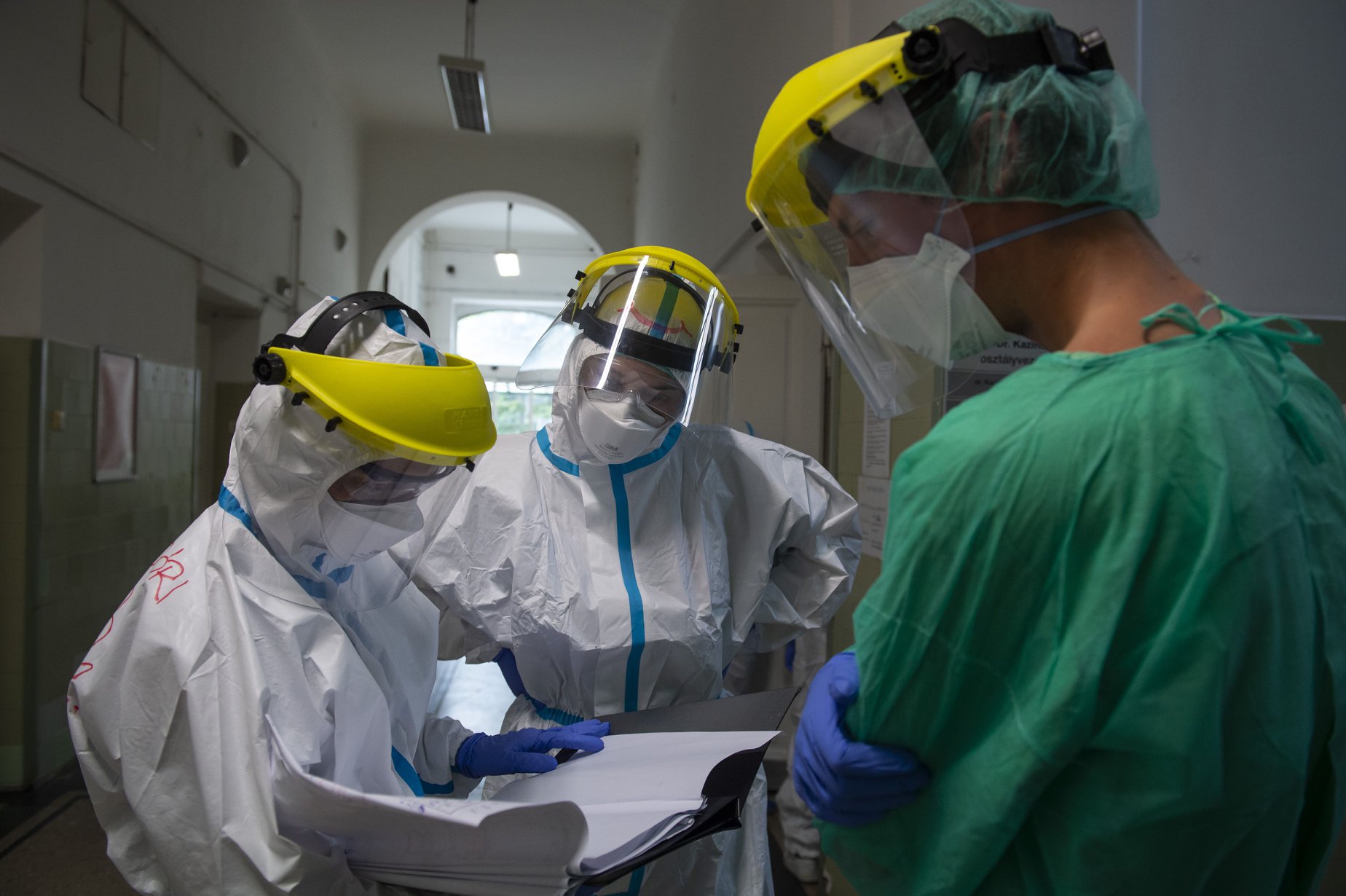Who gets to live? Ethical guidance to help Hungarian healthcare officials decide
In the midst of the second wave, the Hungarian healthcare system cannot carry the weight of exponentially increasing COVID-19 infections. We have reached the point where there are more patients than capacity. Intensive care units are full, and difficult decisions must be made.
Many people die, not only of COVID-19 but also people with other diseases who would need immediate surgeries, which the staff does not have the capacity to carry out, Medical Online reports.
All intensive care units are full. There is available staff for treating approximately 2,000 patients. At the beginning of November, there were over 5,000 patients at these institutions, 378 of them on respirators, and the number of COVID-19 cases is increasing exponentially.
Who decides what to do when there are more patients in need of immediate medical attention than what the system can take? Ethical guidance is made, and triage teams are formed.
The new ethical guidance helps make necessary decisions in accordance with accepted ethical principles, taking the burden off individual doctors. The 30-page document does not override the current Code of Ethics, but it provides guidance on issues not covered by professional guidelines.
The decision cannot be based on the patient’s financial situation, age, disability, gender, race, religion, or fame, and accepting money is against the law.
The basic message is that from a medical point of view, more “defensible” lives should be preferred. In other words, patients who are more likely to heal after the appropriate therapy should be prioritised over those who have much less chance of that. This approach aims to save more lives.
In order to take the moral burden off of doctors’ shoulders, the ethical guidance suggests that each institution form a triage team of 3. Triage in medicine refers to the process of sorting patients to determine the order in which they will be treated. The triage team makes these decisions for the doctors. This way, doctors are taken out of the decision-making process and therefore are less traumatised.
The three-member triage team monitors all patients’ current condition and therapeutic process and compares it with available capacities. Besides sorting patients, the team is also responsible for communicating their final decision to patients, their families, doctors, and staff, and to the hospital management.

Read alsoCoronavirus in Hungary – New record in infection and mortality rates!

Read alsoHungarian government reintroduces ‘special legal order’
Source: http://medicalonline.hu/
please make a donation here
Hot news
Top Hungary news: alcohol ban, collapsed footballer, snow, most expensive hamburger, emergency landing – 17 November, 2024
Will Roman Catholic priests be obliged to report suspected pedophile crimes in Hungary?
PM Orbán’s biggest opponent revealed why food prices are high in Hungary
Wizz Air flight’s emergency landing in Budapest; Hungarian guest workers’ horrific accident
PHOTOS, VIDEO: Budapest’s beloved party tram takes over the nightlife!
PHOTOS: Hungary’s most expensive hamburger, the Hundredbuck$Burger of Szeged




